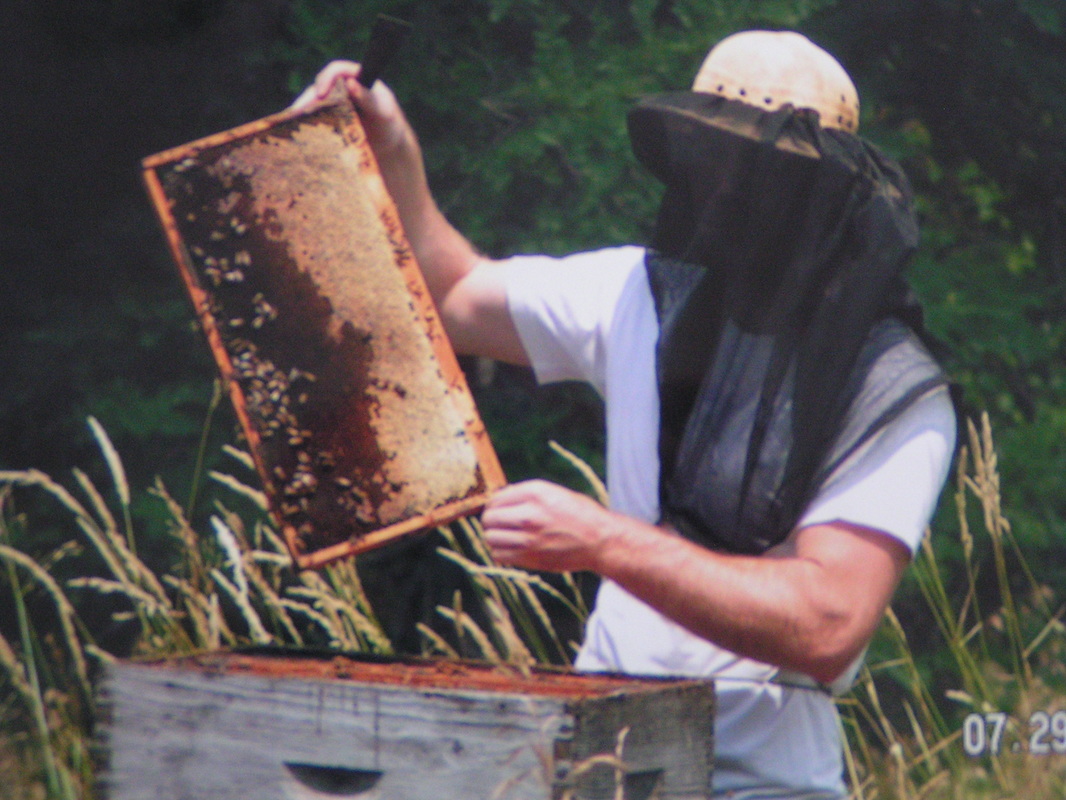Worse, some honey — much of which is imported from Asia — has been found to contain toxins like lead and other heavy metals, as well as drugs like chloramphenicol, an antibiotic, according to a Department of Justice news release.
And because cheap honey from China was being dumped on the U.S. market at artificially low prices, Chinese honey is now subject to additional import duties. So Chinese exporters simply ship their honey to Thailand or other countries, where it is relabeled to hide its origins, according to NPR.org.
This international 'honey-laundering' scandal has now resulted in a Justice Department indictment of two U.S. companies and the charging of five people with selling mislabeled honey that also contained chloramphenicol.
Honey Solutions of Baytown, Texas, and Groeb Farms of Onsted, Mich., have agreed to pay millions of dollars in fines and implement corporate compliance measures following a lengthy Justice Department investigation.
'This is a huge deal for the industry. This is the first admission by a U.S. packer,' of knowingly importing mislabeled honey, Eric Wenger, chairman of True Source Honey, told NPR. True Source Honey is an industry consortium with an auditing system to guarantee the actual origin of honey.
Honey isn't the only food product subject to impurities and mislabeling. Olive oil is often cut with cheaper oils and sold at premium prices, a practice that's expected to expand as a shortage of the oil (caused by a 2012 drought in southern Europe) hits global markets."
'Honey Laundering' an International Scandal, Experts Say
Marc Lallanilla

 RSS Feed
RSS Feed
